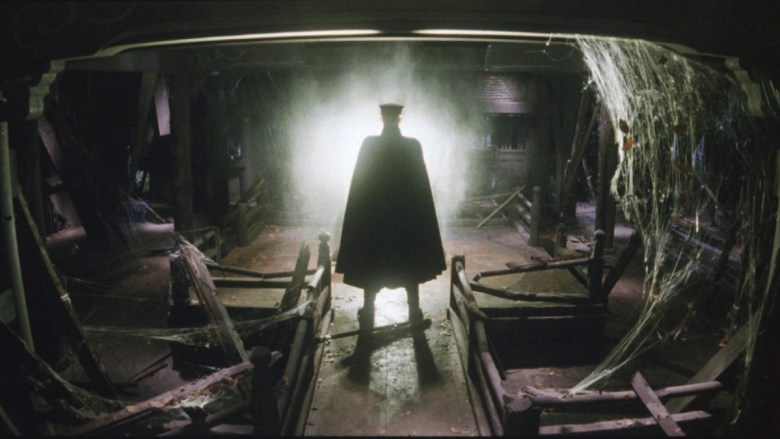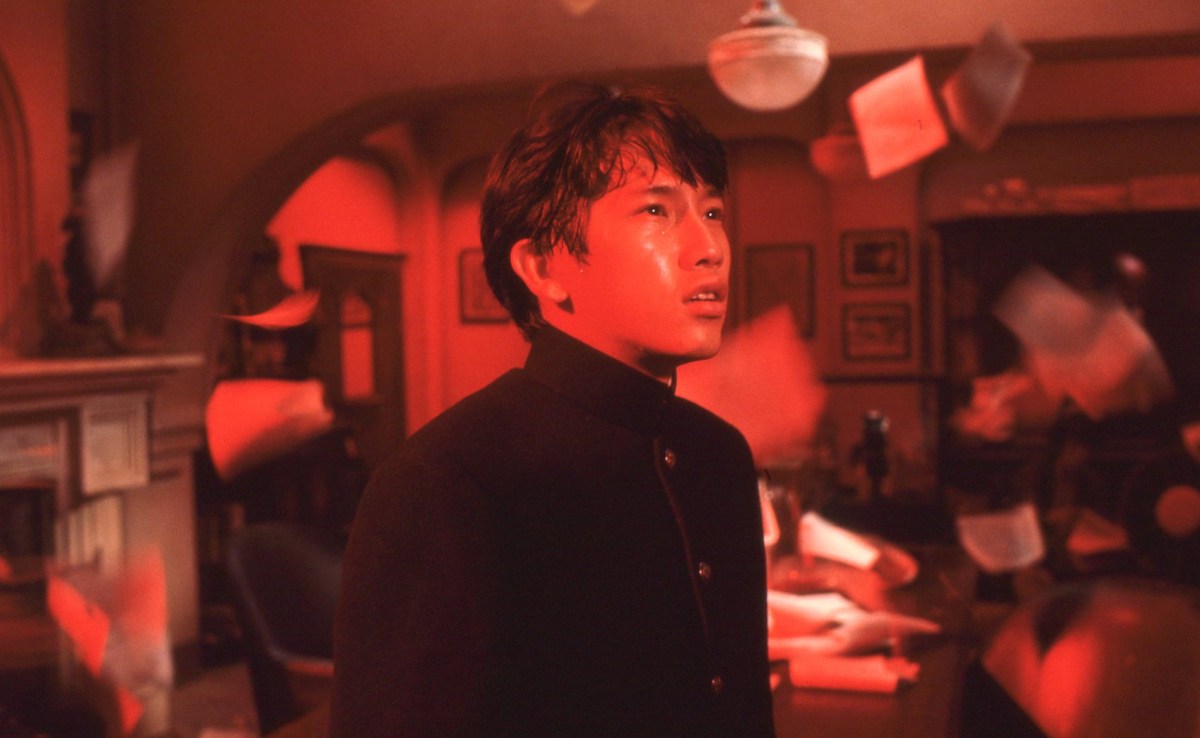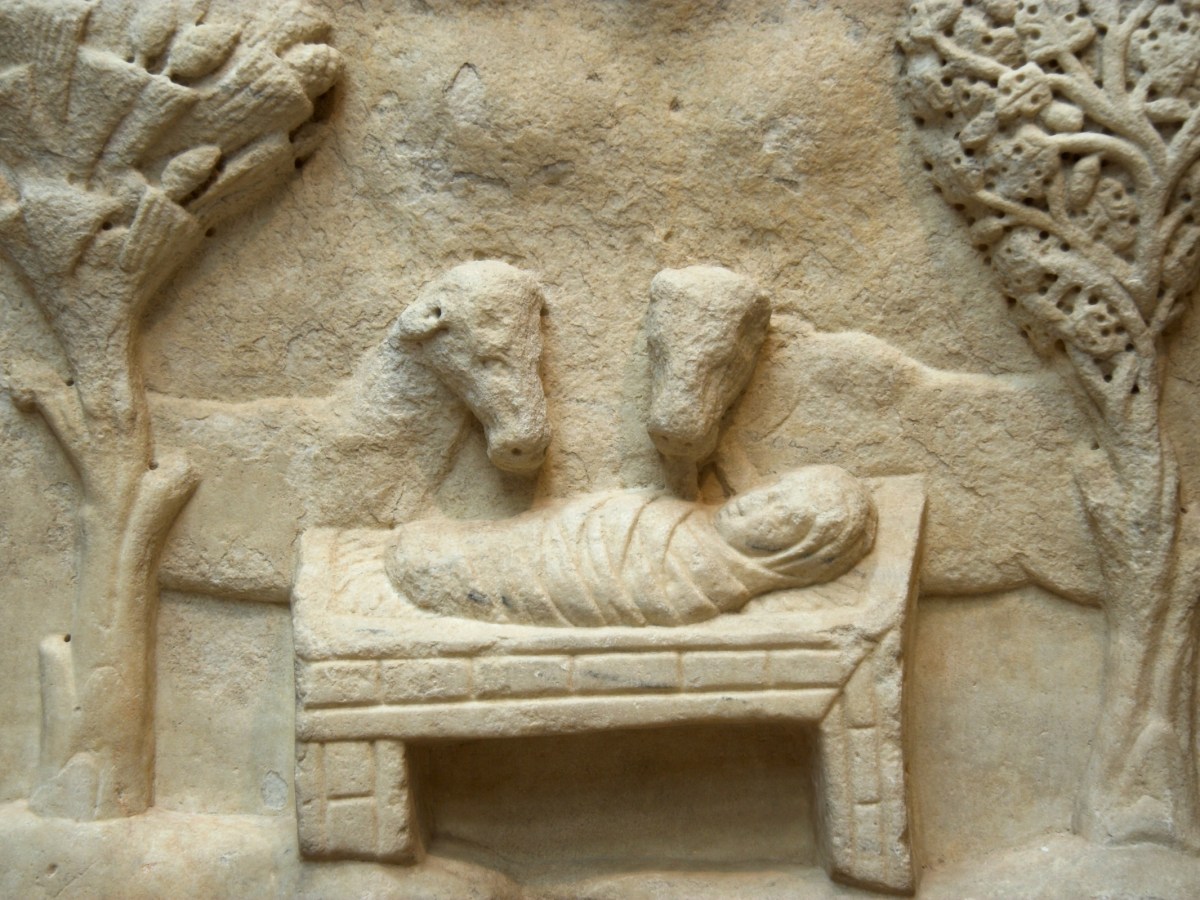An upcoming film series at Midtown’s Japan Society explores the nation’s Taisho Period (1912–1926), an era that witnessed the spread of progressive values and reforms, globalization, and a blossoming of the arts. The showcase, titled Taisho Roman: Fever Dreams of Great Rectitude, will present six films screening from December 9 through 16.
“Taisho is sometimes seen as the beginning of a new modern era for Japan,” Alexander Fee, a film programmer at the Japan Society who curated the series, told Hyperallergic. He explained that the increased popularity of ideals like women’s suffrage and free love, paired with growing international communication, produced a “fascinating blend, as well as contrast” of cultural output.
While most of the films in the program look back at this era, one was created as the period came to a close: A Page of Madness (1926), which tells the story of a man who takes a job at a mental hospital in order to care for his sick wife. While the avant-garde film’s creator Kurutta Ichipeiji was knit into the cultural fabric of his time, the silent film was lost for decades before it was rediscovered in the early 1970s.
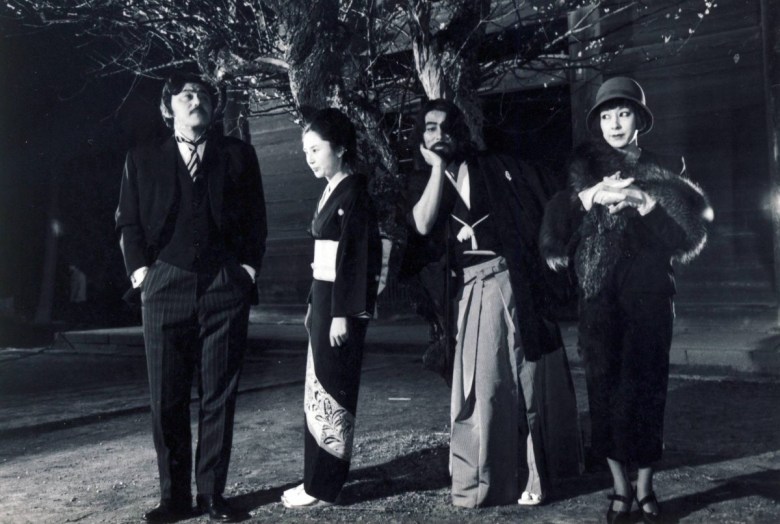
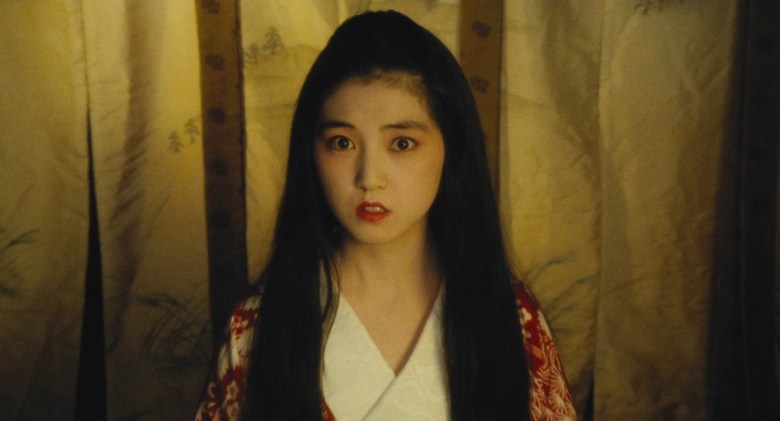
Fee explained that 2023 marks a century since some of the Taisho Period’s most historically significant events: the Great Kanto Earthquake, which killed over 100,000 people; the Kanto Massacre that occurred in its wake; and Amakasu Incident, the military murder of two anarchists. The curator said these tragedies led to a “darker shift” toward imperialism and militarism.
The Taisho Period ended in 1926 when the eponymous emperor died and Emperor Hirohito, who would lead Japan in World War II, assumed power.
The other films in the series all examine the era’s outsized cultural legacy. Seijun Suzuki’s Zigeunerweisen (1980) relates the bizarre and tragic occurrences that befall a love triangle between a German professor, a man suspected of murder, and a geisha named Koine. The story is tied together through a real-life recording of the 19th-century musical score “Zigeunerweisen,” in which composer Pablo de Sarasate’s voice is briefly heard.
Taisho Roman will kick off next Saturday with Dogra Magra (1988), director Toshio Matsumoto’s retelling of author Yumeno Kyusaku’s 1935 surrealist detective novel of the same name. The series will close a week later with Tokyo: The Last Megalopolis (1988), a big-budget science fiction movie that narrates the history of Tokyo through its protagonist’s traversal of the Taisho-Era years.
“There’s always something to learn from the past,” Fee said. “And the turbulent political and social changes that occurred in such a relatively brief period can be echoed even in our own times.”
Tickets for Taisho Roman are available on Japan Society’s website and cost $16 for nonmembers.
